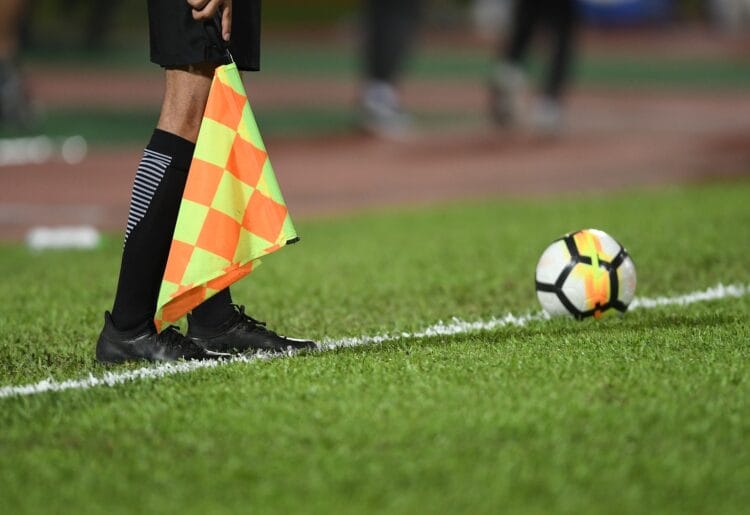It’s now back to normal for football fans after England’s disappointment in the final of the EUROs, and the fact that there was no England, or to be more correct, no Great Britain team in the Olympics. Before it disappears from memory, let me go back to England’s EURO semi final with the Netherlands.
Based on the number of people who said to me, ‘that was never a foul’, I think the most disputed decision was the one that gave England a penalty in favour of its captain, whose outstretched leg was caught by the Netherlands defender who had played the ball. An often-expressed comment is that it was Harry Kane’s late challenge that resulted in the clash that caused his injury. So what are the rules for tackles or challenges as the Laws call them?
For years referees were told to consider ‘intent’ at challenges. Was it to play the ball or bring down an opponent. Many thought it wrong for referees to be considered mind readers. How could they be capable of knowing what was in the player’s mind when challenging for the ball?
So in 2015 a more descriptive law of what constitutes a foul tackle appeared. Firstly, if any offence involves contact, it must be penalised by a direct free kick. If it is just careless, with the offender showing a lack of attention or consideration without precaution, there is no other sanction. If it becomes reckless and the offender acts with disregard to the danger or consequences of the opponent, it then has the added sanction of a yellow card. If a player uses excessive force or endangers the safety of an opponent, it then warrants a sending off.
It all sounds very easy, but it doesn’t really cover when players of both sides challenge for the ball at the same time. More particularly, if they both stretch out their legs in what we used to call a sliding tackle. Referees would need to consider the speed of each tackle, even the straightness of the legs, the distance of both players, were they able to stop. Is the referee in the right position to make a decision? Remember referees have to cover far more of the pitch than any player. A referee only has seconds to make a decision with no luxury of a second view.
This shows it was a difficult decision to make, but with the England supporters’ criticism, it would be interesting to know what the Dutch supporters thought.























